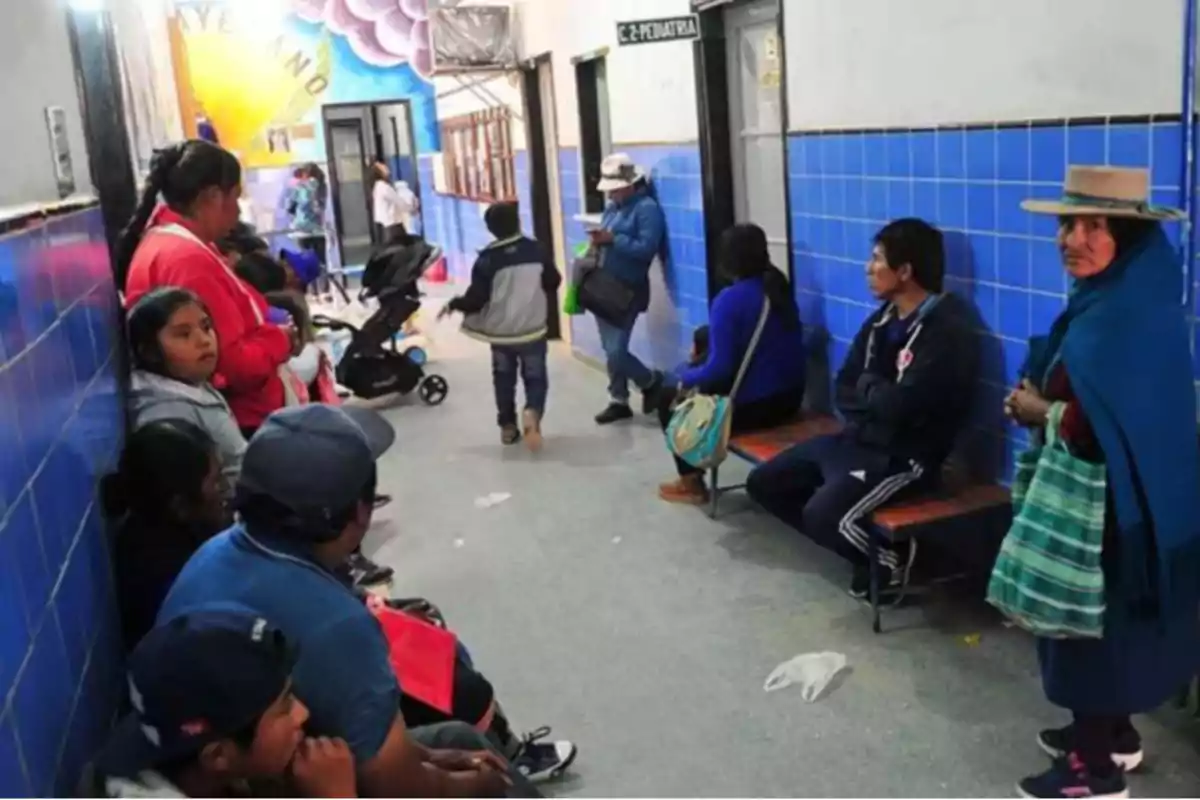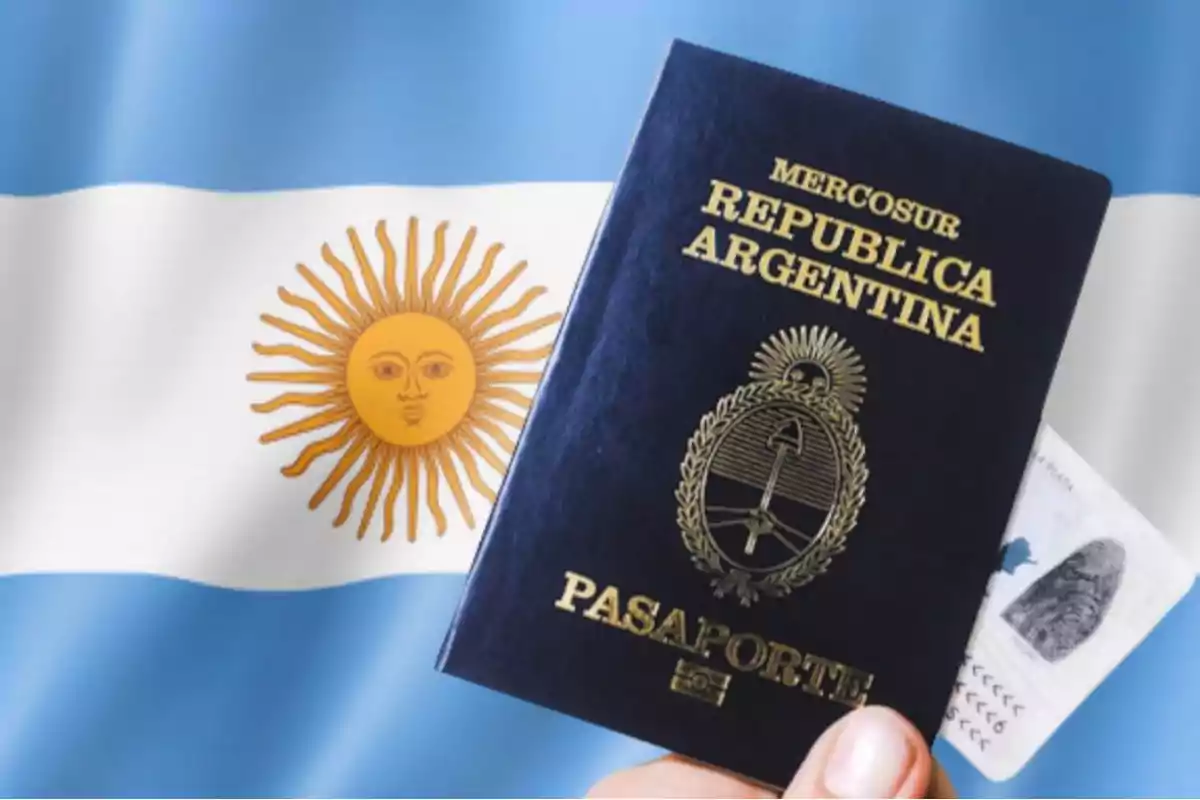
Immigration reform: what changes in health, education, and deportation of foreigners
The new decree that modifies the conditions for foreigners in Argentina is already in effect
The national government has formalized the immigration reform through Decree 366/2025, published in the Official Gazette. The measure, promoted by President Javier Milei, introduces changes in the entry, stay, access to public services, naturalization, and deportation of foreigners.
During his opening speech for the legislative sessions, the president had anticipated: "If we want to be a serious country, we must also carry out an immigration reform". With this regulation, the Executive is moving forward with the implementation of that proposal.
Education: changes according to residency
Foreigners with temporary residency will be able to continue accessing early childhood, primary, and secondary education, whether in public or private institutions, even if their immigration status is irregular.

However, at the higher education level, state universities will be authorized to charge fees for educational services. There is also the possibility of accessing scholarships, whether granted by universities, other states, or international organizations.
Public health: insurance requirement for temporary residents
One of the key points of the reform is that temporary residents must have health insurance. The lack of medical coverage will be sufficient grounds to deny entry to the country.
Nevertheless, the new Article 8 of Migration Law No. 25,871 clarifies: "In cases of emergency, no foreigner may be denied or restricted access to health care, regardless of their immigration status." This applies exclusively to emergency medical care.
Naturalization: new requirements and exceptions

Foreigners over 18 years old who have lived in Argentina for at least two consecutive years may apply for Argentine citizenship, provided they prove their residency and express their intention before the National Directorate of Migration.
Additionally, those who have made a significant investment in the country may be naturalized without meeting the residency period, although the Ministry of Economy will be responsible for evaluating whether the investment was significant.
New conditions for entering the country
To enter Argentina, foreigners must do so through authorized checkpoints (land, sea, river, or air), submit a sworn statement of reasons for entry, and have medical insurance.
Entry prohibitions are also established for those who:
- Have committed intentional crimes against life, sexual integrity, or the constitutional order.
- Present false or incomplete documentation.
- Have unreported criminal records.
- Are suspected of misrepresenting the reason for entry.
- Are on entry restriction lists.
- Promote or facilitate the illegal entry of other people.
The National Directorate of Migration may impose a minimum entry ban of five years, which may be extended depending on the severity of the offense.
Deportation regime and revocation of residency

The new regulation tightens deportation conditions for foreigners who have committed crimes inside or outside the country. Those with permanent residency may lose it if:
- They commit intentional crimes.
- They are absent from the country for more than one year.
- They enter without passing through immigration controls.
- They fail to meet the requirements for stay.
For temporary residents, the permitted absence limit will be six months.
Authorities may order the expulsion of any person who incurs in irregularities such as misrepresentation of reasons for entry, omission of data, or violation of permitted length of stay. It will even be possible to request a preventive detention order while the procedure is completed.
More posts: